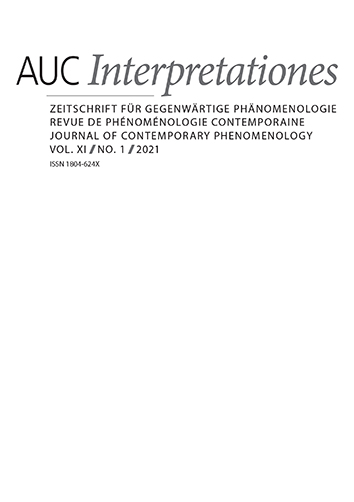AUC INTERPRETATIONES, Vol 2 No 2 (2012)
De l’ordre des mots aux mots d’ordre: la naissance de la politique de la langue en France à l’époque de la Grande Révolution
Evgeny Blinov
zveřejněno: 13. 01. 2015
Abstract
The present article explores the very origins of the politics of language as an important part of the revolutionary ideology that will later become the significant property of the self-representation of nation-states. The basic notions of this kind of politics could be found in the discourses of eminent revolutionary politicians like Bertrand Barere and Henri Gregoire. The question of unification of a “national idiom” becomes the paramount preoccupation of the government during the period of Jacobin dictatorship when it was considered as a primary source of the spiritual and intellectual cohesion of French people. As such, it was closely tied to vivid discussions about compulsory and free public education, whose aim was to cultivate in children the republican values of “liberty, equality and brotherhood”. In order to scrutinize this process the author turns to Foucauldian theory of norms and panopticism in the disciplinary societies, as well as to Deleuze and Guattari’s concept of the propagation of order-words. In this sense, the author claims, we could speak about the “birth” of the politics of language during the Great Revolution that established the essential political institutions of contemporary European society.

De l’ordre des mots aux mots d’ordre: la naissance de la politique de la langue en France à l’époque de la Grande Révolution is licensed under a Creative Commons Attribution 4.0 International License.
148 x 210 mm
vychází: 2 x ročně
cena tištěného čísla: 180 Kč
ISSN: 1804-624X
E-ISSN: 2464-6504
